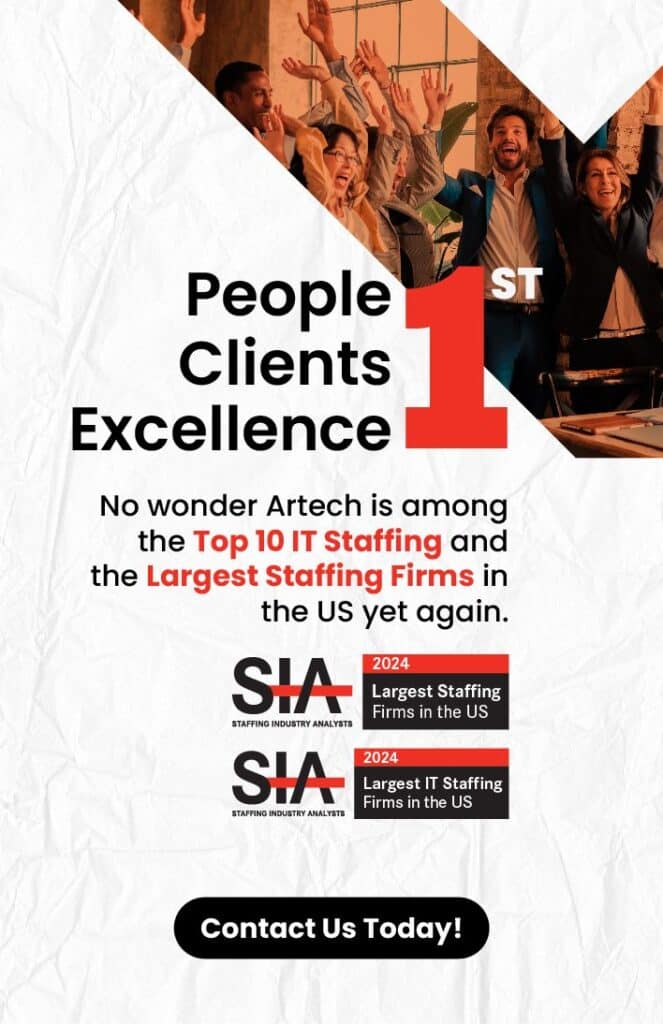
Career progression isn’t a sprint; it’s a marathon. Whether you’re just entering the workforce or are a seasoned professional, understanding the various stages of career progression can be invaluable for long-term success. This article delves into the different phases, characteristics, challenges, and opportunities inherent in each stage of career development.
Part 1: The Entry Level – Your First Step into the Professional World
Characteristics
Learning the Ropes
At this point, you’re essentially a sponge, absorbing information, corporate culture, industry norms, and workflow processes. Everything is new, and your primary role is to learn, learn, and learn some more.
Skill Acquisition
Whether it’s technical skills specific to your job or soft skills like communication and teamwork, the entry-level stage is a pivotal time for skills development.
Challenges
Limited Experience
Having little or no work history can make it tough to land even entry-level jobs that require some experience. It’s a catch-22 situation: you need a job to gain experience but need experience to get a job.
Uncertainty and Confusion
It’s normal to question whether you’ve made the right career choice. This uncertainty can be stressful but is a common experience at this stage.
Opportunities
Networking
Establishing a strong professional network is one of the most valuable things you can do. Attend industry events, join professional associations, and don’t underestimate the power of LinkedIn.
Mentorship and Training Programs
Many organizations offer mentorship programs or provide resources for skill development. Take advantage of these opportunities to grow both personally and professionally.
Part 2: The Mid-Career Phase – Ascending the Ladder
Characteristics
Depth of Expertise
You’ve now spent a considerable amount of time in your field and have developed an expertise that only experience can bring.
Role Expansion
Your responsibilities have likely increased, and you might be managing a team or leading projects.
Challenges
Career Plateau
Stagnation is a common issue at this stage. You may feel like you’re stuck in a rut, performing the same tasks day in and day out with little or no growth.
Balancing Act
As your responsibilities grow, finding a balance between your work life and personal life becomes more challenging.
Opportunities
Lateral Moves and Role Diversification
Now is an ideal time to consider lateral moves that can help you acquire new skills and diversify your career portfolio.
Advanced Education and Upskilling
Mid-career professionals often return to school for advanced degrees or obtain certifications to get to the next level in their career.
Part 3: The Senior Level – The Stage of Mastery and Influence
Characteristics
Authority and Influence
You have now moved from the sidelines to the center stage. Your opinions carry weight, and your decisions have long-term ramifications.
Strategic Vision
Your role is less about task completion and more about strategic planning and organizational vision.
Challenges
Elevated Expectations
The higher you go, the greater the expectations and the harder the fall. The responsibility is enormous, and so are the stakes.
Limited Room for Upward Mobility
At this stage, you might find there are fewer positions to aim for within the organizational hierarchy.
Opportunities
Mentorship and Legacy Building
This is an opportunity to guide the next generation of leaders within your organization or industry.
Entrepreneurial Ventures and Consultancy
Your experience and industry connections make this an ideal time to start your own venture or consultancy.
Part 4: The Twilight Phase – The Finale and New Beginnings
Characteristics
Legacy and Impact
The focus now shifts to what impact you will leave on the organization and the industry as a whole.
Succession Planning
You are likely considering retirement and may be involved in grooming the next set of leaders to take over.
Challenges
Technological Adaptation
Keeping up with rapidly evolving technology and industry trends can be a significant hurdle at this stage.
Exit Strategy
Determining the right time to step down and how to do it gracefully can be a complex and emotional process.
Opportunities
Advisory and Board Roles
Leverage your vast experience by taking up advisory roles in startups or other organizations.
Thought Leadership
You can contribute to your industry through public speaking, writing articles or books, and other forms of thought leadership.
Conclusion
Career progression is a multi-faceted and continuously evolving journey. Recognizing the unique challenges and opportunities that each stage presents can equip you with the tools to navigate this journey effectively. Whether you are just starting out or contemplating retirement, an informed approach tailored to your career stage can provide you with a significant advantage. Therefore, take the time to understand where you are, where you want to go, and how best to get there for a fulfilling and rewarding career from start to finish.
This content is crafted with care by Artech Staff Authors. While it reflects our commitment to quality and accuracy, please note that it is not authored by industry experts. We aim to offer valuable and engaging information, and for more specialized or technical advice, we recommend consulting with professionals in the relevant field. If you have any concerns or require further assistance, please contact us at support@artech.com. Thank you for trusting Artech as your source of informative content.








